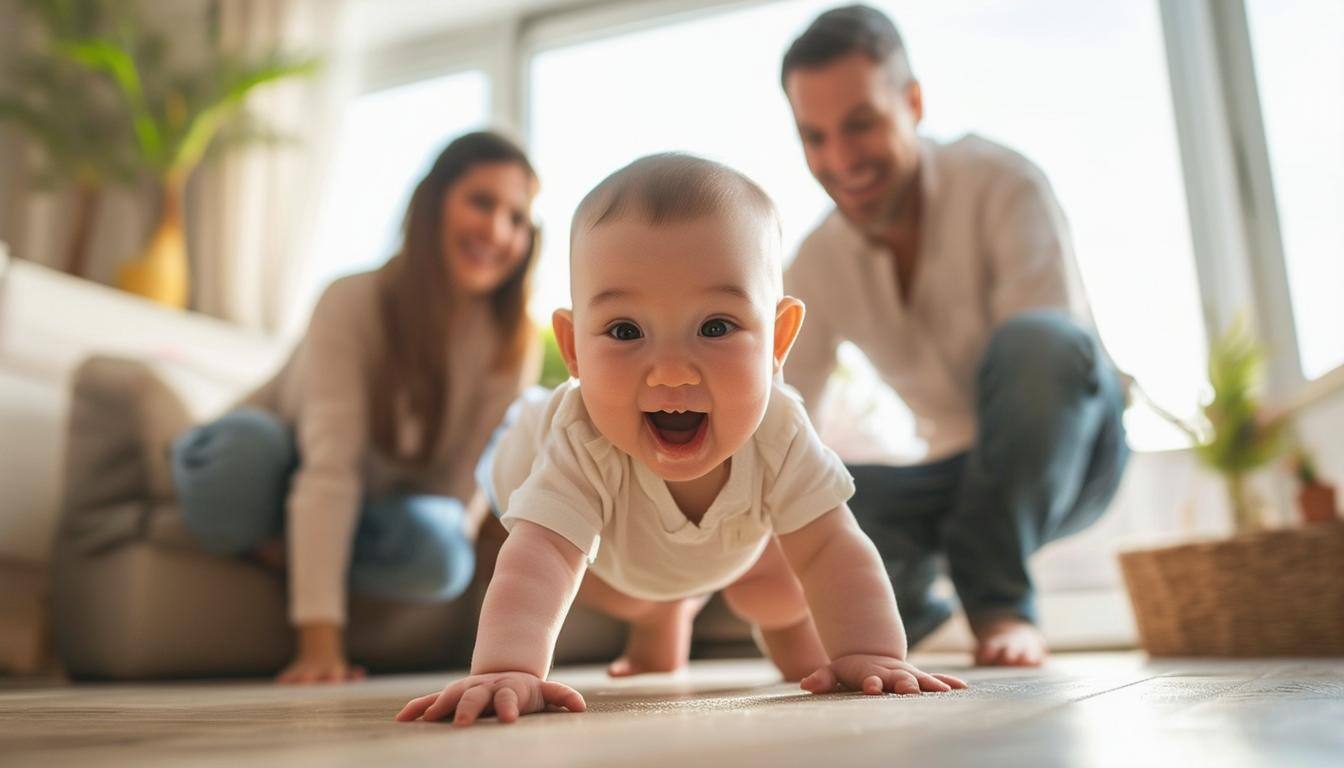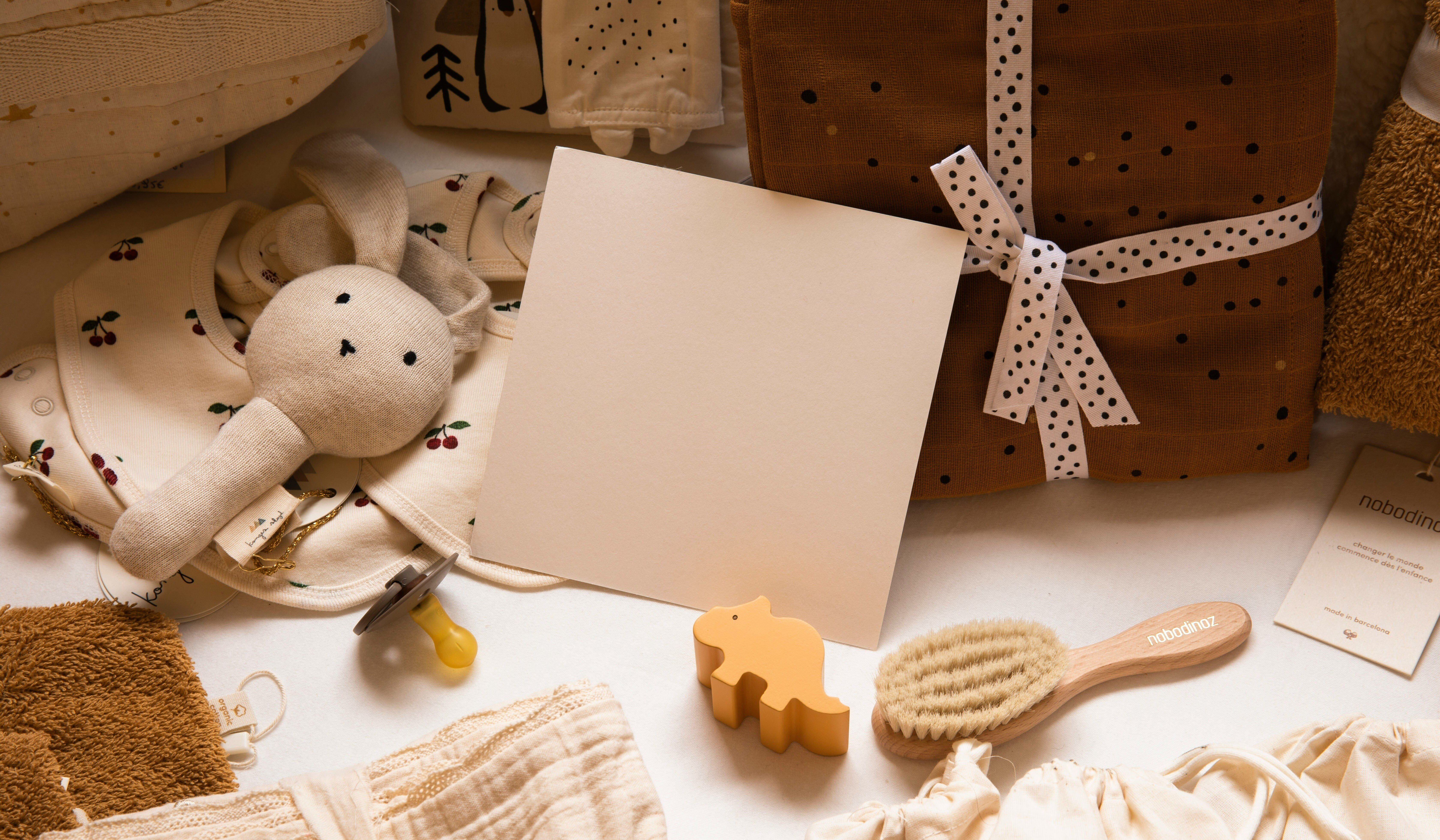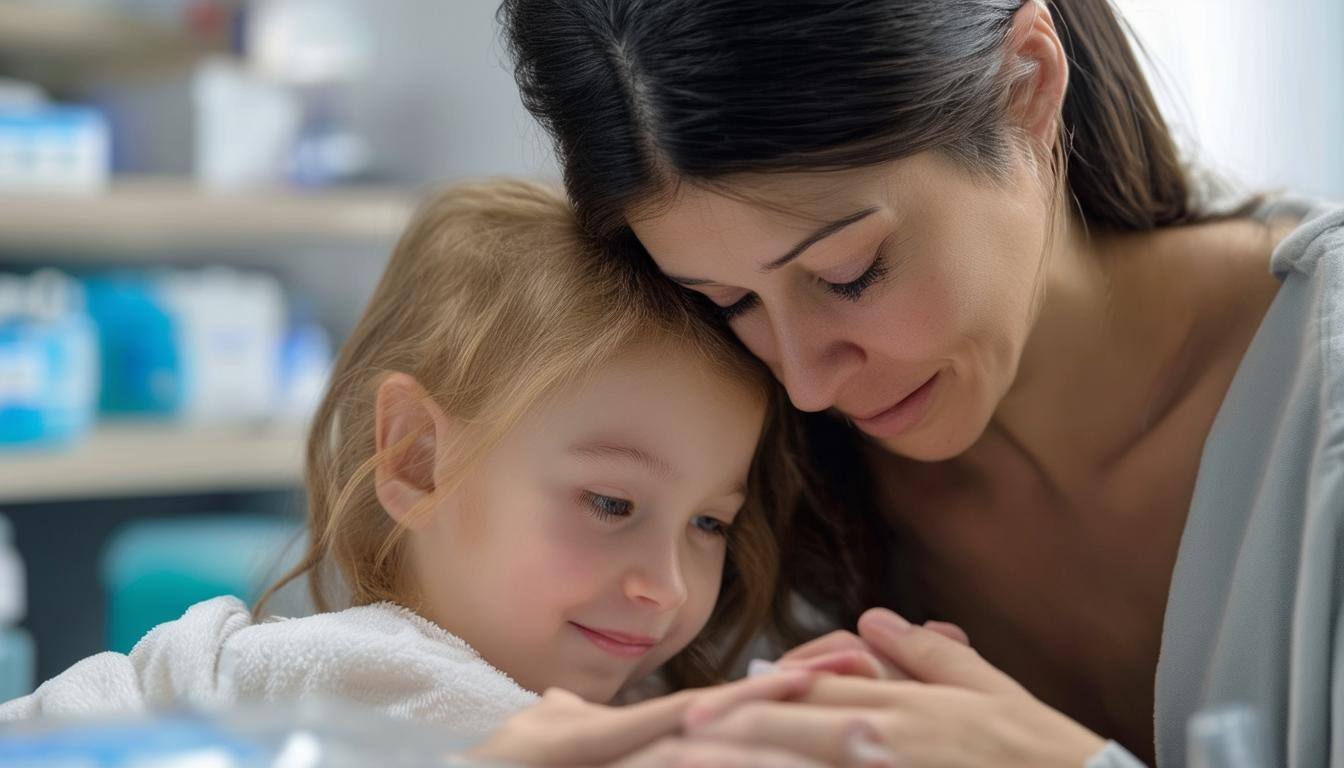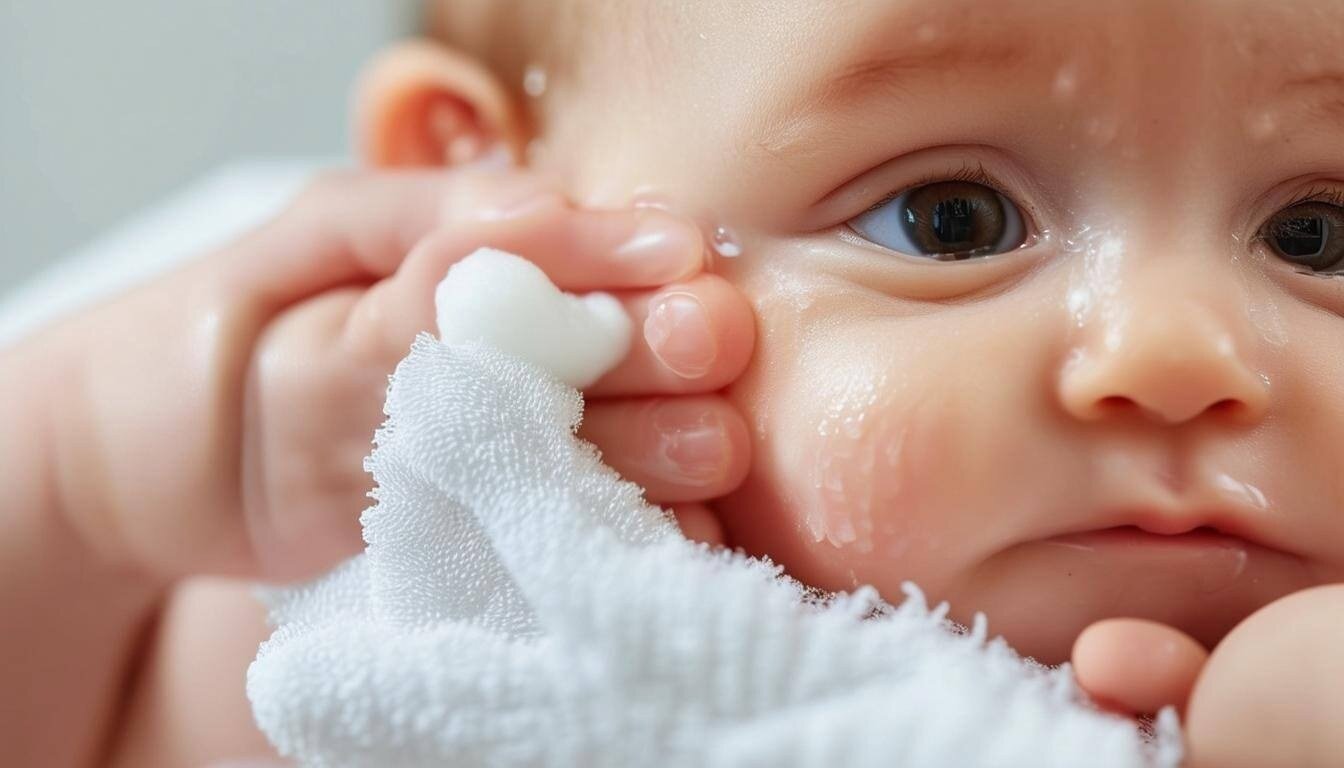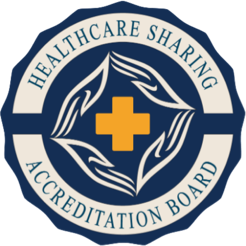Getting ready to welcome a new baby into your home is one of the most exciting (and overwhelming) times in life. Whether it’s your first child or a sweet addition to a growing family, those final weeks leading up to delivery are a whirlwind of preparation, anticipation, and maybe even a little anxiety.
As parents, keeping our children safe is always a top priority. While we often think about common household hazards like sharp objects or electrical outlets, one hidden danger that many overlook is button batteries. These small but powerful batteries are found in everyday items like remote controls, toys, and even greeting cards—but they pose a serious risk to young children if swallowed.
In this safety guide, we’ll cover everything parents need to know about button battery safety, including risks, symptoms of ingestion, and how to prevent accidents.
Why Are Button Batteries Dangerous?
Button batteries, also known as lithium coin batteries, are small, round, and shiny—making them attractive to young children who often explore by putting things in their mouths.
When swallowed, these batteries can become lodged in a child’s esophagus and cause serious injuries in as little as two hours. The battery’s electrical charge reacts with saliva, creating a chemical reaction that can burn through tissue, leading to severe internal damage, long-term complications, or even death.
Common Household Items That Contain Button Batteries
These tiny but powerful batteries are found in many everyday products, including:
- Remote controls
- Key fobs
- Toys and electronic games
- Hearing aids
- Watches
- Flashing jewelry or holiday decorations
- Musical greeting cards
- Kitchen and bathroom scales
- Thermometers
It’s crucial to check all battery-powered items in your home and make sure they are securely closed or stored safely out of reach of children.
Signs Your Child May Have Swallowed a Button Battery
The symptoms of button battery ingestion can sometimes be mistaken for a cold or minor illness, making early detection difficult. Here are key warning signs to watch for:
Difficulty swallowing, coughing, or choking
Drooling excessively
Vomiting or gagging
Wheezing or trouble breathing
Chest pain or discomfort
Refusing to eat or drink
Unexplained irritability
If you suspect that your child has swallowed a button battery, seek emergency medical attention immediately—DO NOT wait for symptoms to worsen.
What to Do If Your Child Swallows a Button Battery
If you think your child has swallowed a button battery:
🚨 Call 911 or take them to the emergency room IMMEDIATELY.
🚨 Do not let them eat or drink. Avoid giving food or liquids unless instructed by a doctor.
🚨 Do not try to induce vomiting. This could cause further damage.
🚨 Give them honey (if they are over 12 months old). Research suggests that giving 1-2 teaspoons of honey every 10 minutes (until reaching a hospital) may help slow battery damage. Do not delay medical care to give honey!
Time is critical—the faster your child gets medical help, the better their chances of avoiding serious injury.
How to Prevent Button Battery Accidents
🔹 Keep batteries out of reach. Store all spare and used batteries in a locked or high cabinet.
🔹 Secure battery compartments. Use tape to reinforce battery covers on remotes, toys, and electronics.
🔹 Check your home regularly. Inspect household items that use button batteries and discard damaged devices.
🔹 Dispose of old batteries properly. Dead batteries can still cause burns if swallowed. Tape them securely and recycle them at a designated drop-off location.
🔹 Educate caregivers. Make sure babysitters, grandparents, and family members know the risks and safety measures.
Final Thoughts: Protecting Our Children
Button batteries are small, but their dangers arehuge. As parents, we can takesimple steps to prevent accidents by securing batteries, keeping them out of reach, and knowing the signs of ingestion.
If your child ever swallows a button battery, act fast and seek medical attention immediately—it could save their life.
At OneShare Health, we care about your family’s well-being. As aChristian Health Care Sharing Ministry, we believe in providing resources that help parents protect their children while living a faith-filled life.
Want to learn more about faith-driven health care sharing? Get a free quote today and join a community that cares!
Stay safe, stay vigilant, and keep your little ones protected.

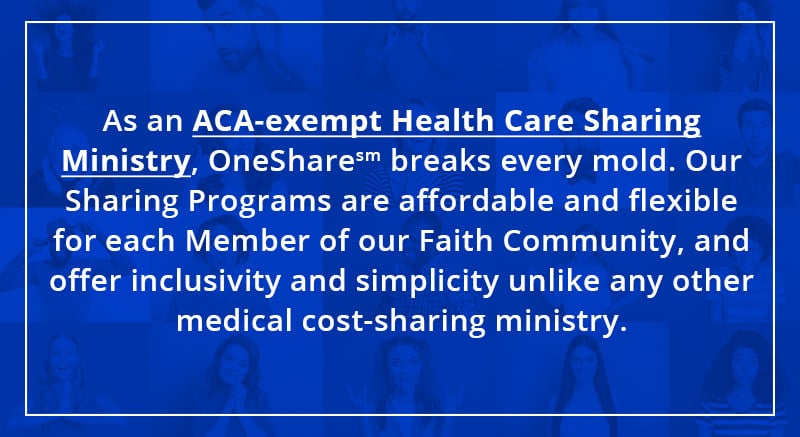
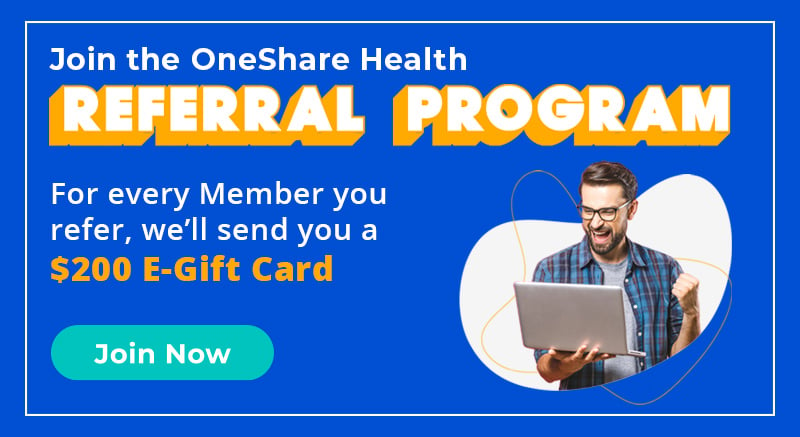
%20(98).png)

.png)
